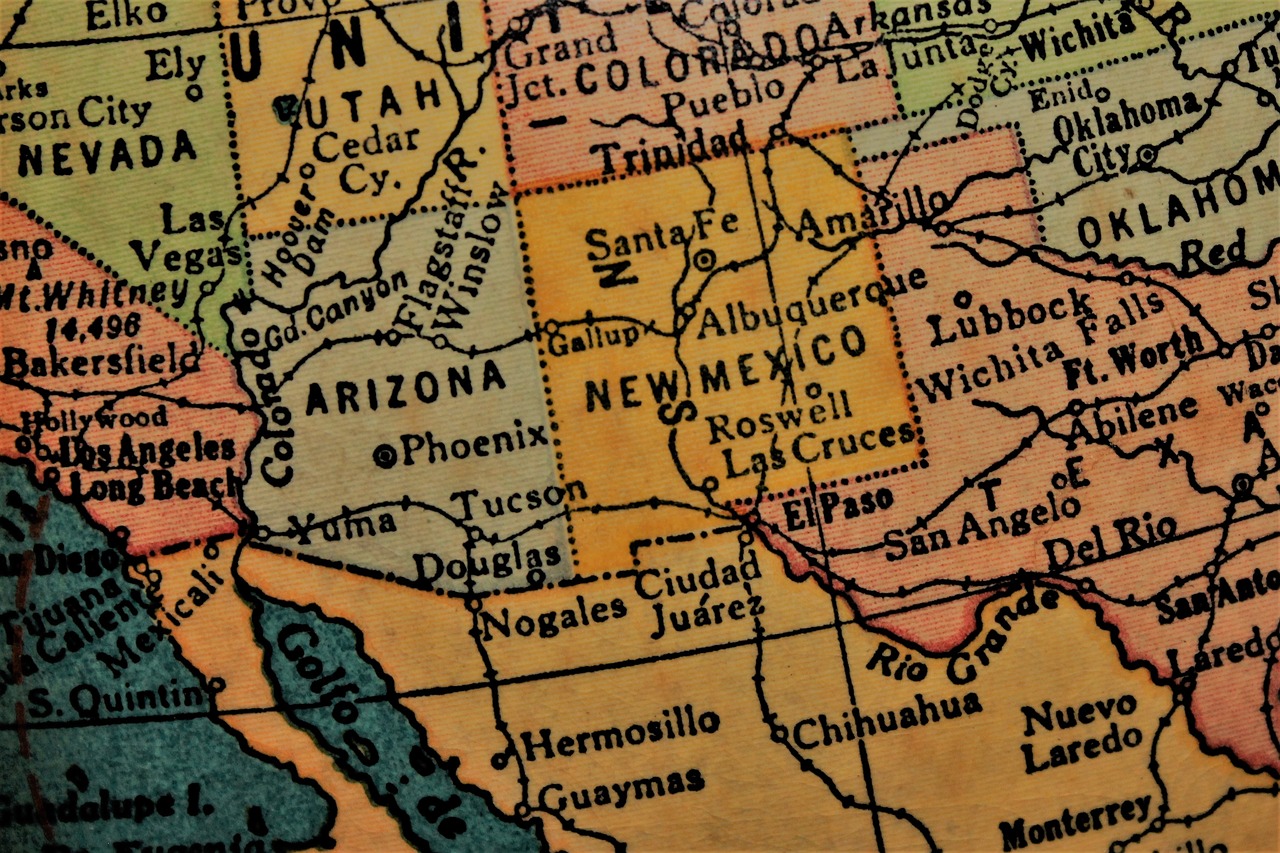Family DNA Testing at the Border Would Be an Ethical Quagmire
By Megan Molteni,
Wired
| 06. 22. 2018
In the unfolding family separation crisis at the US-Mexico border, one thing has become increasingly clear; the federal government lacks any real plan for reuniting children with their parents.
On Wednesday, President Trump signed an executive order that would keep children and their parents together, though in indefinite detention. But the administration’s “zero-tolerance” policy reversal does little for the thousands of families currently waiting in US custody to be reunited. As WIRED and others have reported, the haphazard policy enactment has left asylum-seekers in a labyrinthine, multi-agency system rife with opportunities for records linking families to go missing or lack information. Especially for children less than a year old, it’s become distressingly difficult to simply match them to the parents they arrived with.
Amidst the turmoil, some concerned citizens have proposed an unlikely fix: Ship a bunch of spit kits to the border and start a DNA trail.
After pressure from a member of Congress and an outpouring of pleas on Twitter, direct-to-consumer testing company 23andMe has offered to donate DNA kits to help parents find missing children. Rival...
Related Articles
By Arthur Lazarus, MedPage Today | 01.23.2026
A growing body of contemporary research and reporting exposes how old ideas can find new life when repurposed within modern systems of medicine, technology, and public policy. Over the last decade, several trends have converged:
- The rise of polygenic scoring...
By Stephanie Pappas, LiveScience | 01.15.2026
Genetic variants believed to cause blindness in nearly everyone who carries them actually lead to vision loss less than 30% of the time, new research finds.
The study challenges the concept of Mendelian diseases, or diseases and disorders attributed to...
By David Cox, Wired | 01.05.2026
As he addressed an audience of virologists from China, Australia, and Singapore at October’s Pandemic Research Alliance Symposium, Wei Zhao introduced an eye-catching idea.
The gene-editing technology Crispr is best known for delivering groundbreaking new therapies for rare diseases, tweaking...
By Josie Ensor, The Times | 12.09.2025
A fertility start-up that promises to screen embryos to give would-be parents their “best baby” has come under fire for a “misuse of science”.
Nucleus Genomics describes its mission as “IVF for genetic optimisation”, offering advanced embryo testing that allows...




